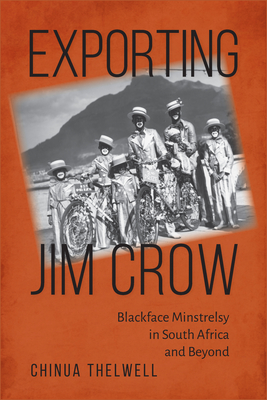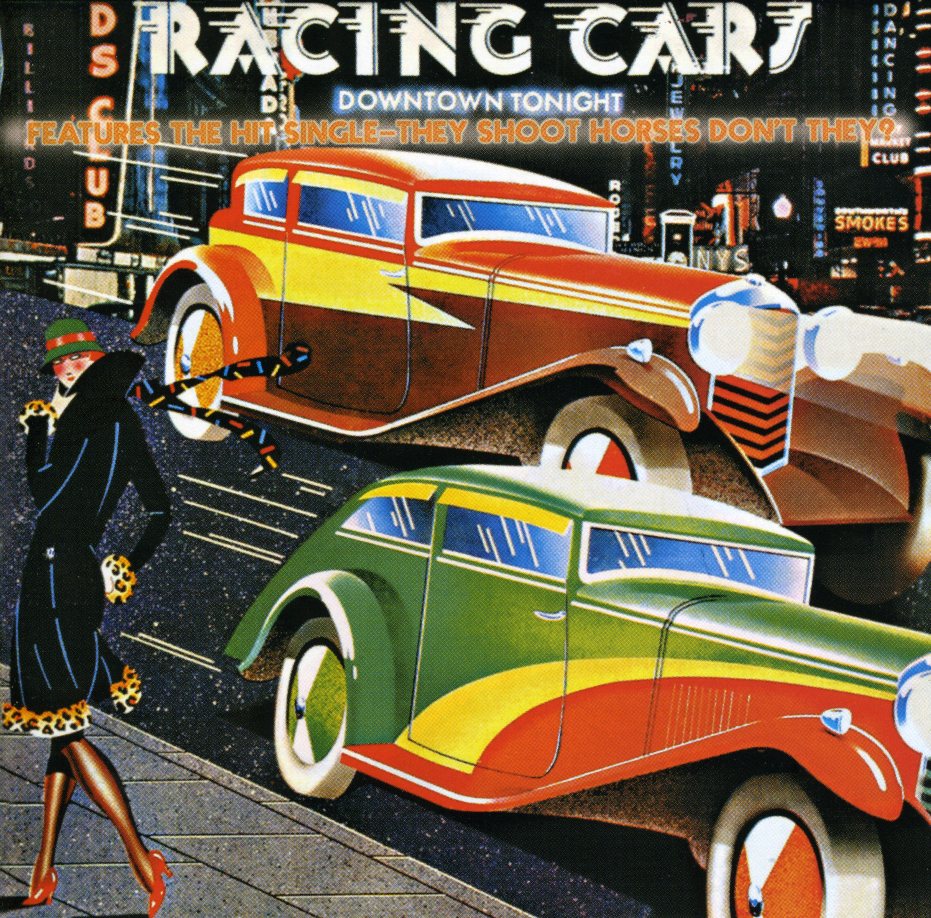
Thelwell, Chinua
product information
description
0Following the pathways of imperial commerce, blackface minstrel troupes began to cross the globe in the mid-nineteenth century, popularizing American racial ideologies as they traveled from Britain to its colonies in the Pacific, Asia, and Oceania, finally landing in South Africa during the 1860s and 1870s. The first popular culture export of the United States, minstrel shows frequently portrayed black characters as noncitizens who were unfit for democratic participation and contributed to the construction of a global color line. Chinua Thelwell brings blackface minstrelsy and performance culture into the discussion of apartheid's nineteenth-century origins and afterlife, employing a broad archive of South African newspapers and magazines, memoirs, minstrel songs and sketches, diaries, and interview transcripts. Exporting Jim Crow highlights blackface minstrelsy's cultural and social impact as it became a dominant form of entertainment, moving from its initial appearances on music hall stages to its troubling twentieth-century resurgence on movie screens and at public events. This carefully researched and highly original study demonstrates that the performance of race in South Africa was inherently political, contributing to racism and shoring up white racial identity.
member goods
No member items were found under this heading.
notems store

Cambridge Latin Course Unit 1 ...
by North American Cambridge Classics Projec
Hardcover /Hardcover$58.46
Return Policy
All sales are final
Shipping
No special shipping considerations available.
Shipping fees determined at checkout.






